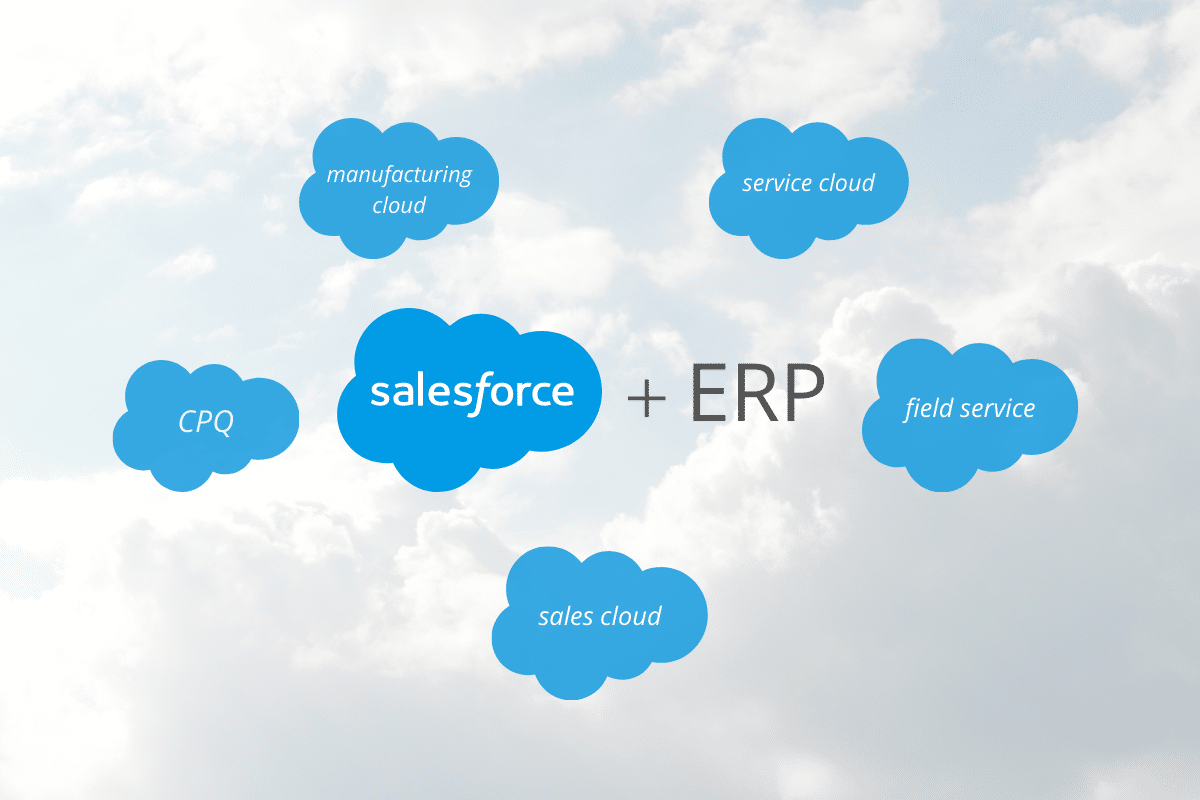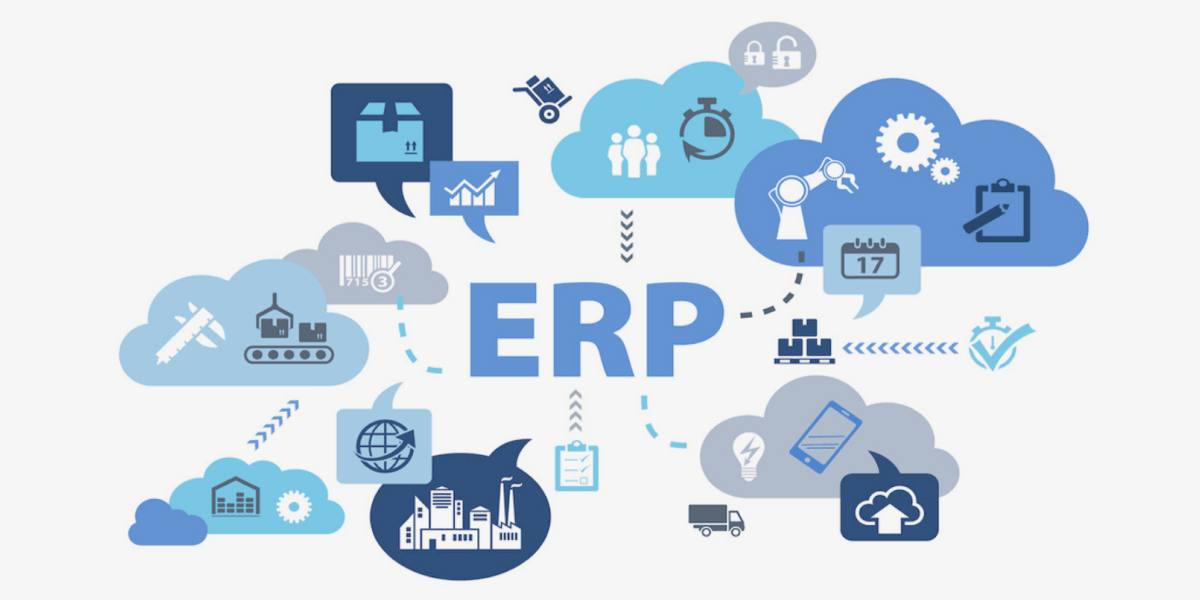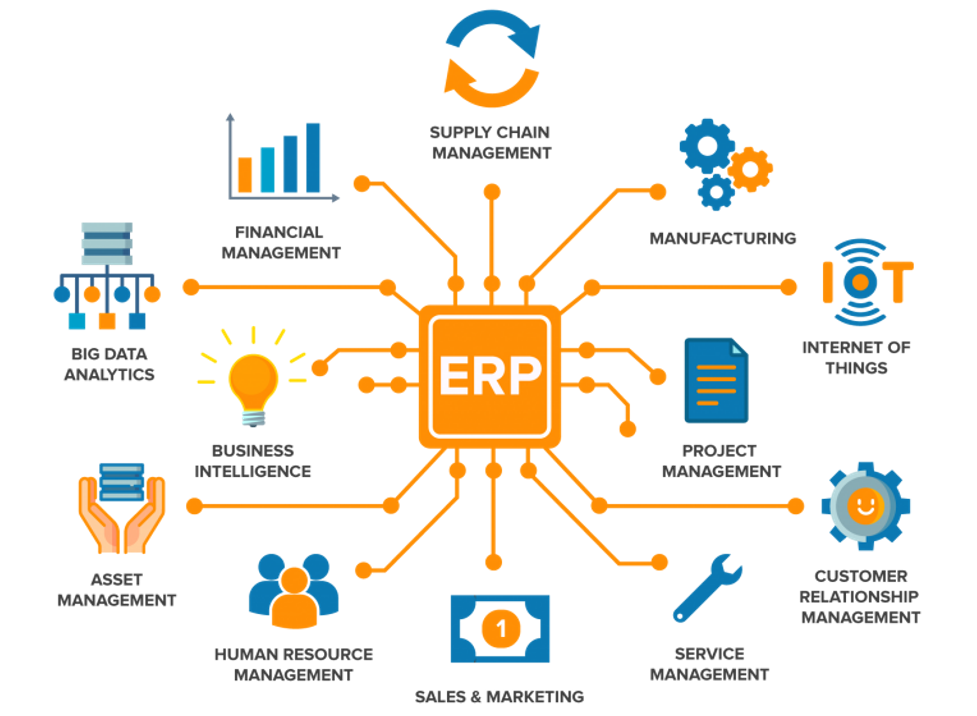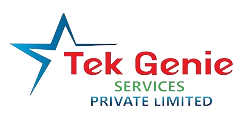Salesforce and ERP Services
Salesforce and ERP (Enterprise Resource Planning) systems are both important tools for businesses, but they serve different purposes. Here's a breakdown of how they differ and how they can complement each other.

Salesforce:
Focus: Salesforce is a CRM (Customer Relationship Management) platform. It excels at managing all aspects of a customer's journey, from lead generation and sales opportunities to customer service and marketing automation.
Strengths: Salesforce provides features for contact management, opportunity tracking, lead nurturing, sales forecasting, customer service ticketing, and reporting & analytics. It allows businesses to gain a 360-degree view of their customers and build stronger relationships.
ERP:
Focus: An ERP system is a comprehensive business management suite that integrates various core operational functions like finance, accounting, inventory management, supply chain, human resources, and manufacturing.
Strengths: ERPs provide a centralized platform to manage all these functions, streamline workflows, improve data accuracy, and enhance operational efficiency.
Can Salesforce Replace an ERP?
No: Salesforce is not a replacement for an ERP. While it offers some functionalities related to sales and customer service, it lacks the depth and breadth of an ERP system for managing core business operations.
Integration is Key:
The Power of Together: The real value comes from integrating Salesforce and ERP systems. This allows for a seamless flow of data between customer interactions (Salesforce) and core operational functions (ERP).
Benefits of Integration:
Improved Customer Service: Salesforce reps can access real-time inventory data, order status, and pricing information from the ERP, enabling them to provide better customer service.
Enhanced Sales and Marketing: Sales and marketing teams can leverage customer data from Salesforce to personalize campaigns and target the right audience.
Streamlined Operations: Integration eliminates data silos and manual data entry, improving operational efficiency across departments.
Better Decision-Making: Having a unified view of customer data and operational data allows for data-driven decision making across the organization.


Integration Options:
Native Integrations: Salesforce offers pre-built connectors for some popular ERP systems.
Third-Party Integration Tools: Several third-party tools facilitate data integration between Salesforce and various ERPs.
Custom Development: For complex integration needs, custom development might be required.
Choosing the Right Approach:
The best approach to Salesforce and ERP integration depends on your specific needs and budget. Consider factors like:
Complexity of your ERP system
Level of data integration required
Technical expertise in your IT team
